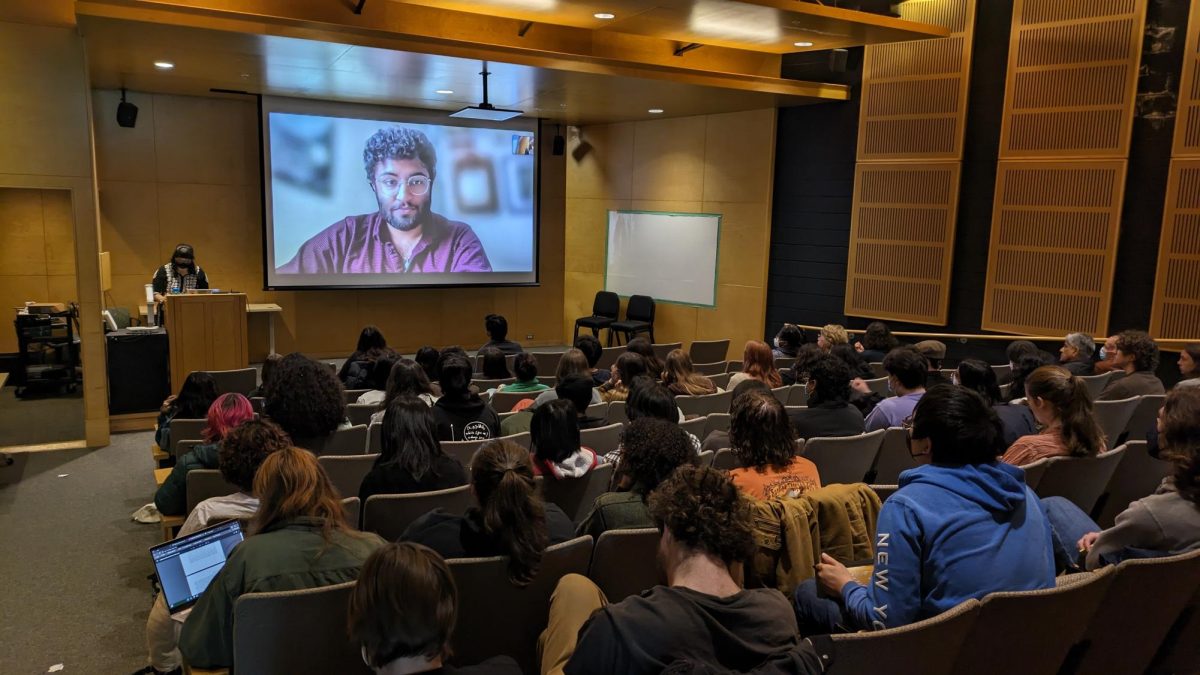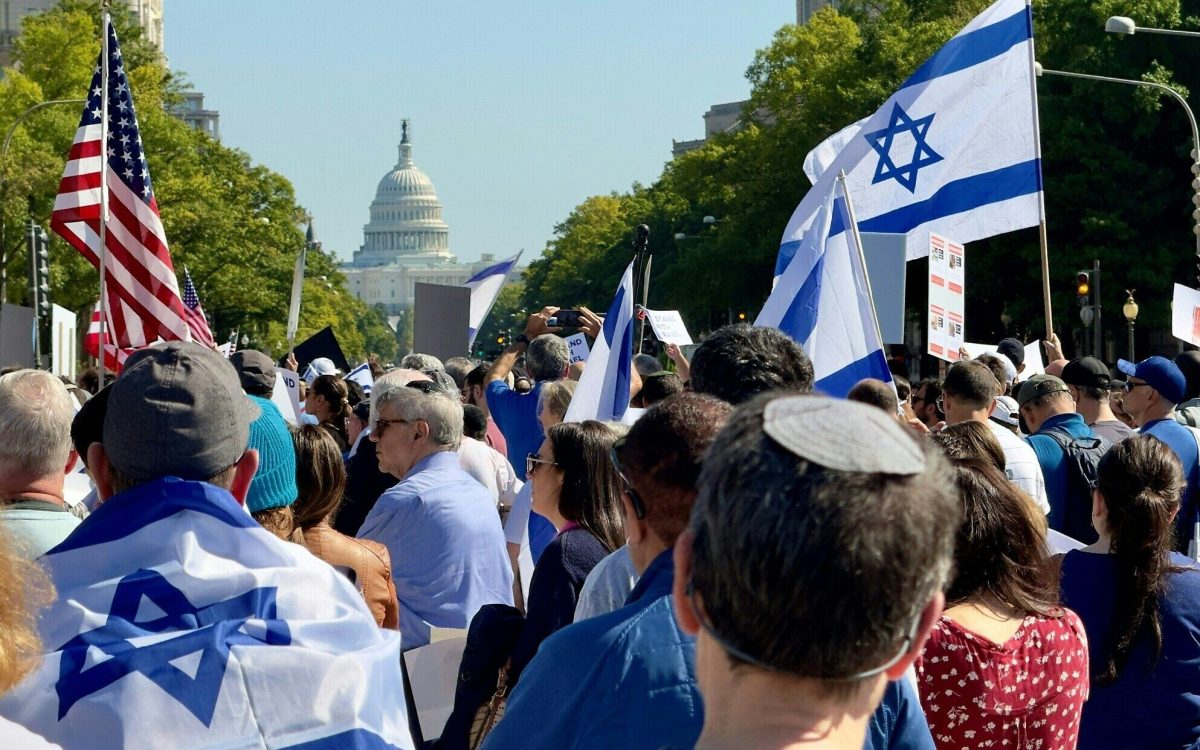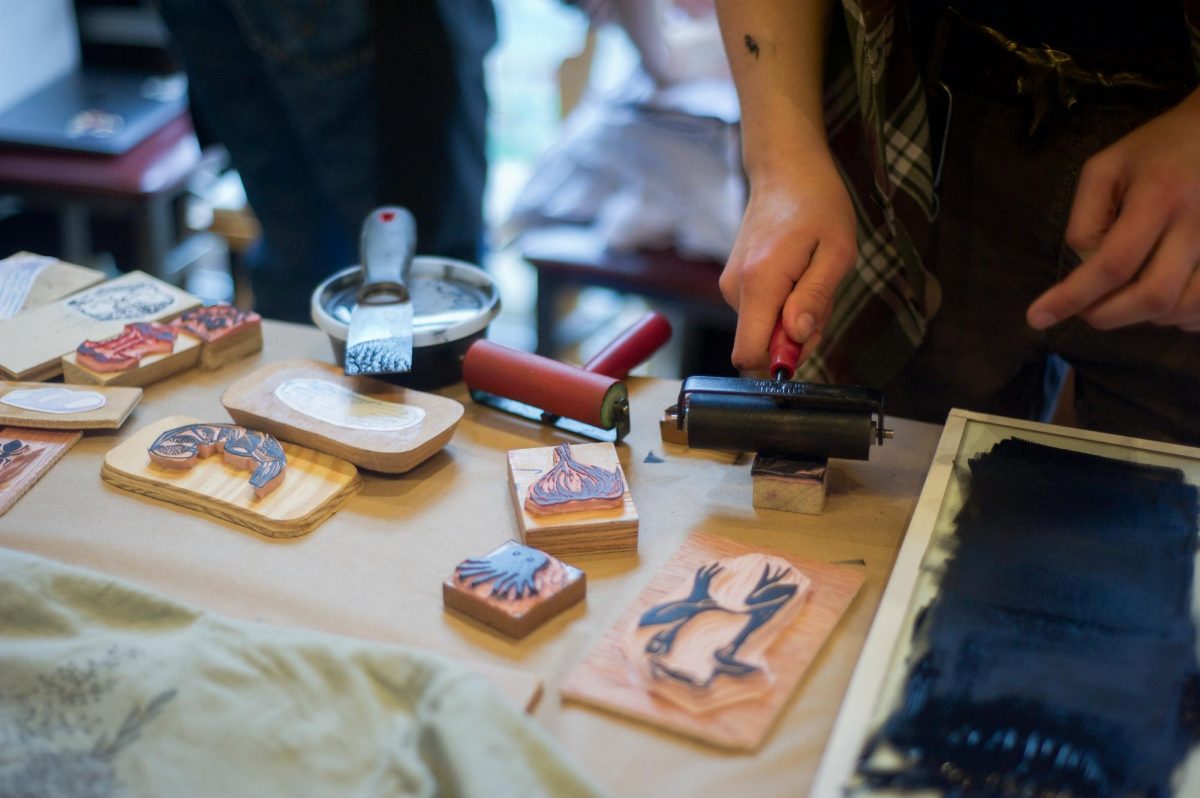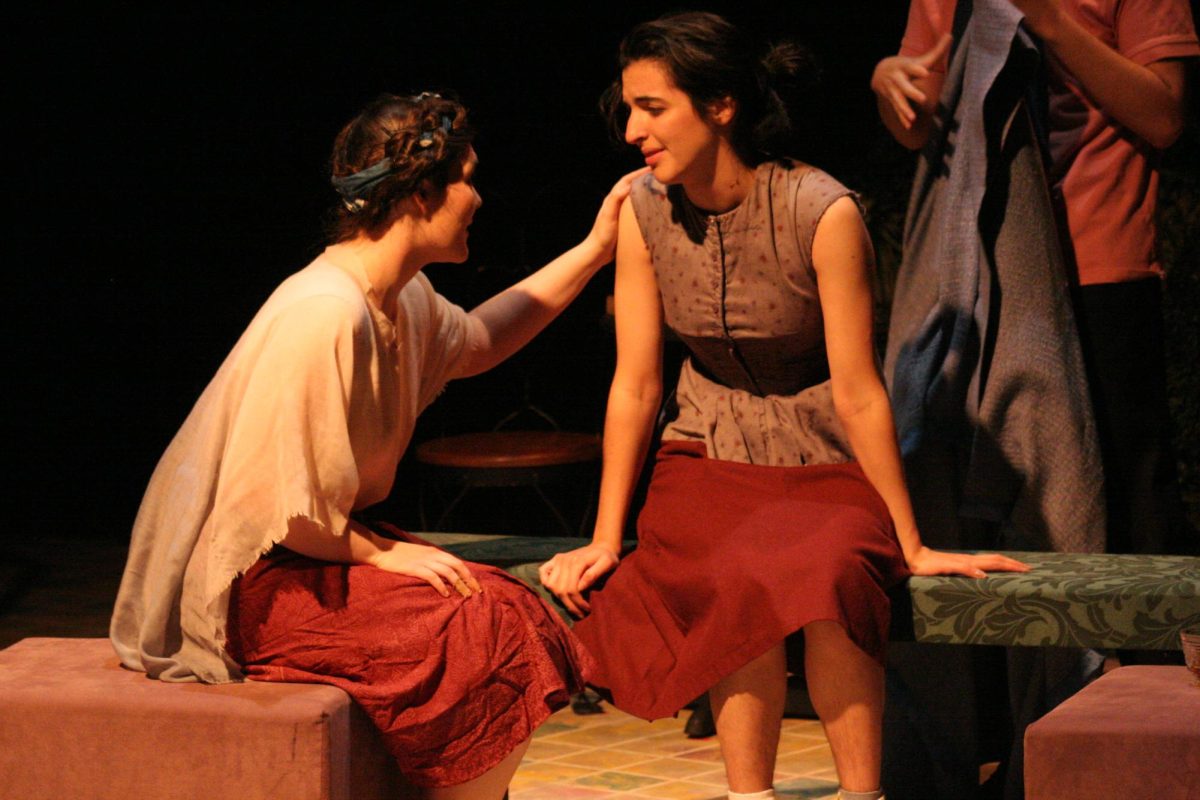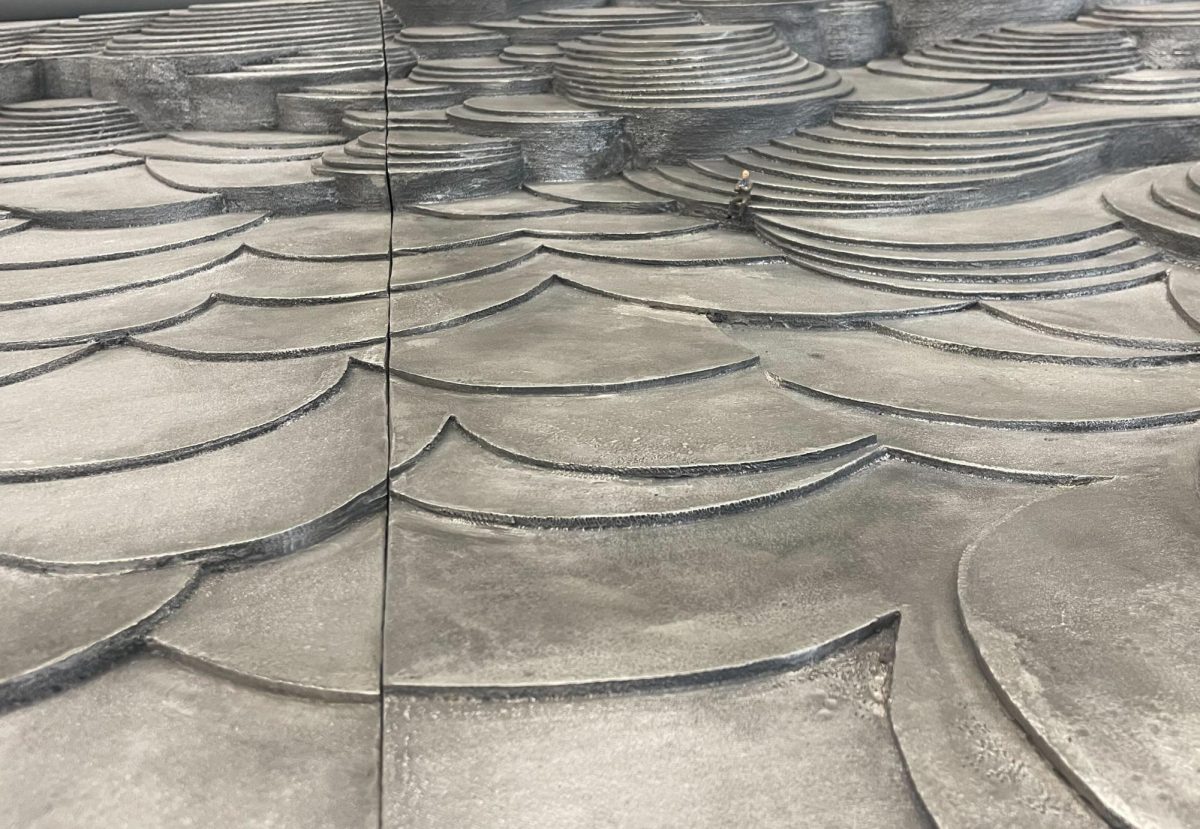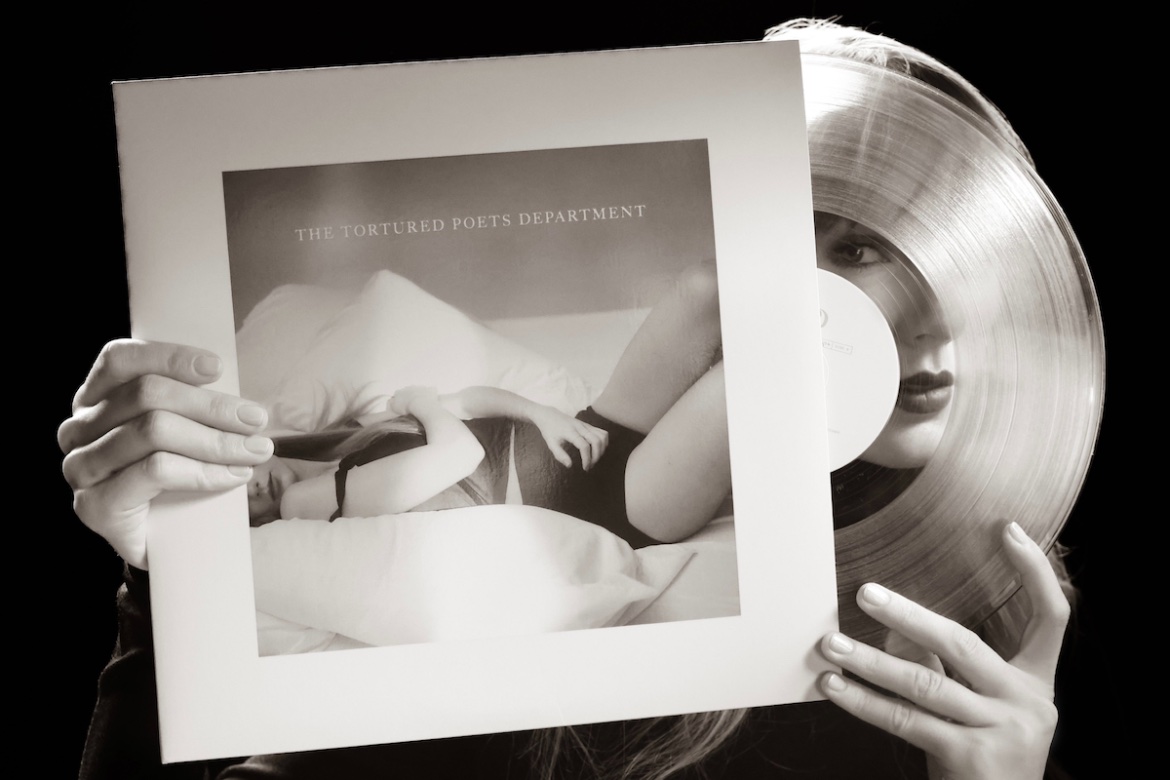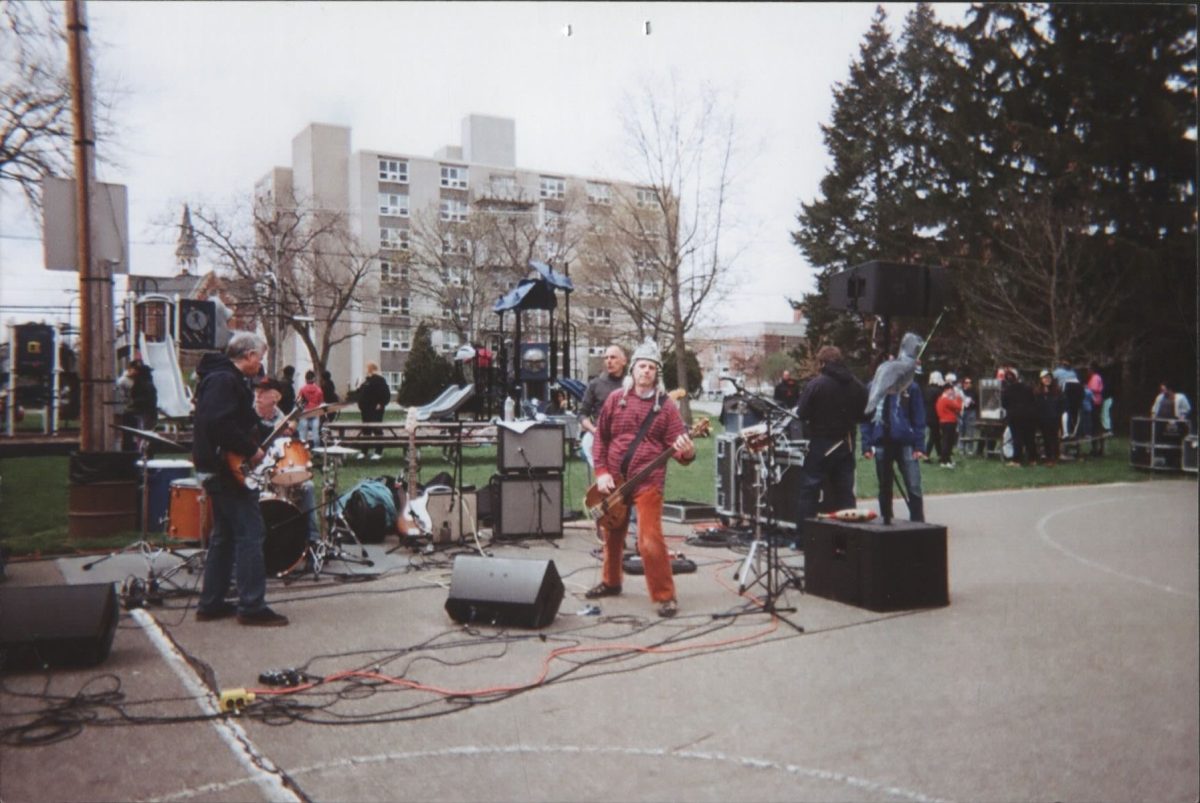I Am a Jew, a Zionist, an Obie
March 15, 2013
Last week was full of irony. I watched proudly as our campus mobilized against hate, strived for open dialogue and embraced each other’s differences. And yet, during a time so focused on solidarity and alliance, I felt extremely isolated.
The cry of “Free Palestine” that reverberated through Finney Chapel while a Jewish student spoke last Monday was offensive for many reasons. I agree wholeheartedly with those who have pointed out the unfairness of equating Juda- ism with Zionism. It is true that not all Jews are Zionists and that not all Zionists are Jews. Indeed, a relationship to Judaism does not necessarily mean a relationship to Israel. But the exclamation of “Free Palestine” hurt me deeply, not only because it made these unfair assumptions, but because it represented an all too prevalent part of Oberlin’s culture. On our campus, it is regularly implied and accepted that expressions of Judaism should not connect themselves to Israel and Zionism.
I am a Jew, a Zionist and an Israeli. These three parts of my identity are tightly linked, each sparking my desire to learn about and critically examine the others. They are not merely intangible concepts that can be dismissed — they are living, breathing entities, embodied by my family, my nation, my culture and my history.
The Jewish community is diverse; every one of us relates differently to our religion, spirituality and culture, and these differences should be openly expressed and embraced. However, I have one request of all Obies whose connections to Judaism and Israel differ from mine: It is one thing to distinguish yourself from me, and to ask the wider community to acknowledge our differences, but in expressing your opinions, please don’t spread animosity for mine.
Zionism is stigmatized at Oberlin. Anti-Israel and anti-Zionist rhetoric is not only accepted; it is expected. Obies who speak in support of Israel and/or Zionism are quickly silenced with the stifling label of “oppressor,” before anyone bothers to ask why they hold the opinions they do. I have faced this reality since my first week here. Fellow students raise their eyebrows when I mention my summers spent in Israel; anti-Israel graffiti is scribbled on bathroom doors; class environments, though they have ample room for anti-Israel perspectives, rarely welcome defense for the State of Israel. I quickly learned that at Oberlin, love for my own nation was not something I could freely express. I hesitate to disclose this part of my identity to members of our community, not because I am concerned they will disagree with me, but because I know from experience that, simply upon hear- ing the words, “I am a Zionist,” they will shut out my voice entirely.
The purpose of this letter is not to discuss the politics of the Arab- Israeli conflict. Rather, its goal is to acknowledge that our campus — which prides itself on acceptance — condemns my opinion to illegitimacy. I believe there are legitimate points in defense of the State of Israel, but my freedom to express these opinions is meaningless when surrounded by a community with a closed mind. I am a Jew, a Zionist and an Obie — these three things should be allowed to coexist.
We can and should talk about these issues in more depth. But even while we debate over our political differences, we can still stand together in mutual support. I’m not asking you, my fellow Obies, to agree with my opinion. I’m asking you to let me voice it and to let me be heard.
–Mira Taichman
College sophomore
—Danielle Rinat
College first-year





